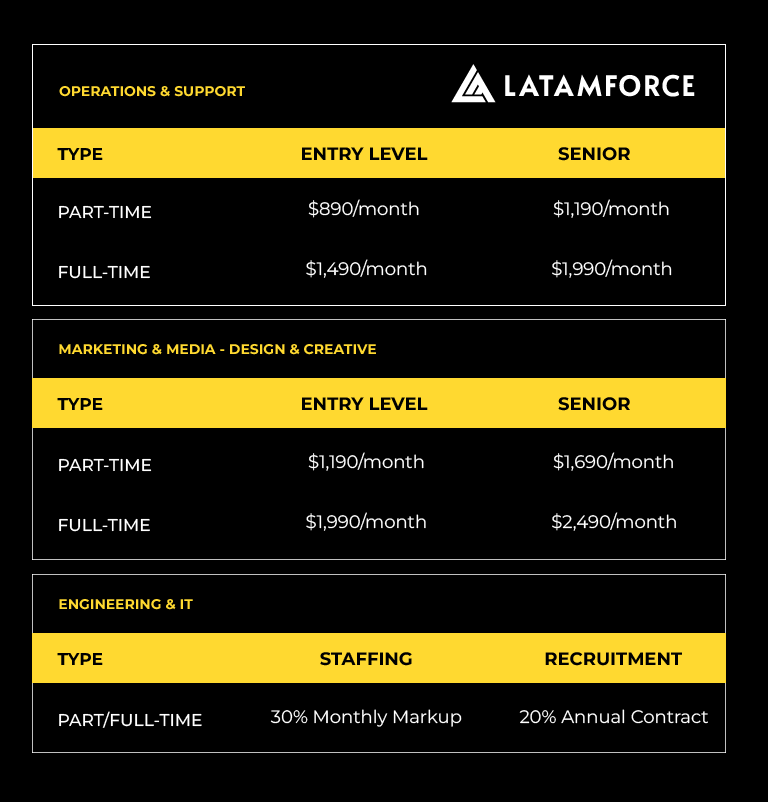Improve Remote Employee Retention
Many organizations have been forced to cater for employees working remotely with very little preparation due to the COVID-19 pandemic. Undoubtedly, the rise of remote work has been the most significant change in the way we work in recent decades.
When it comes to training remote employees, businesses can often encounter difficulties in coordinating effective training programs and retaining the same momentum.
Find out in this article how businesses can properly train their remote employees in a highly engaging and effective way.
First things first…
Why does remote employee retention matter?
Finding the ideal talent for a remote position can be an expensive and complex task, so once companies hire employees who have the experience and the talent to fulfill a role, they cannot afford to lose them.
Retaining employees is one of the greatest challenges businesses face, but it is more necessary now than ever in the remote work era. Retention is an indicator that shows the workforce’s degree of commitment to their company. This loyalty is based on the time and effort employers put into understanding and acting upon the employees’ best interests.
Caring for employee’s needs and ensuring they are committed to the company is key to reaching goals and improving long-term results.
Here are some tips to build an effective remote employee retention plan:
Invest in the right tools
When making the transition to a remote-first workforce, organizations must embrace cutting-edge technology for successful training and development. One of the top tools available is a Learning Management System (LMS), which can have a wide variety of applications beyond simply hosting online courses.
You can track and monitor progress with insightful learning data, deliver custom and curated courses, and provide streamlined and organized initiatives in a single solution.
Develop powerful training sessions
Developing a corporate training program from the ground up can present unique challenges depending on the organization’s needs. No matter the industry, there will be required topics that need to be added to any training program. These include programs like company culture, safety protocols, and other compliance training programs.
Track employee’s learning and development success
In a virtual world, it is crucial to have the right analytics and reports to follow training progress across various departments and teams within the organization. When creating new virtual training programs, make sure to establish clear expectations early on and define key performance indicators (KPIs).
The bottom line
In today’s ever-evolving professional landscape, it is clear that the remote workforce is here to stay. That is why optimizing your teams with engaging and sustainable training is crucial to keeping employees engaged and on the right path for enhanced performance and success.
Need a hand jump starting your team? Book a call with Latamforce, it is a one-way trip.





